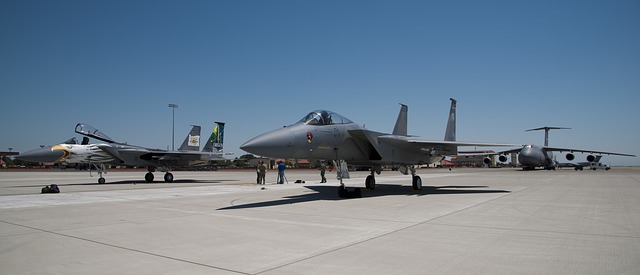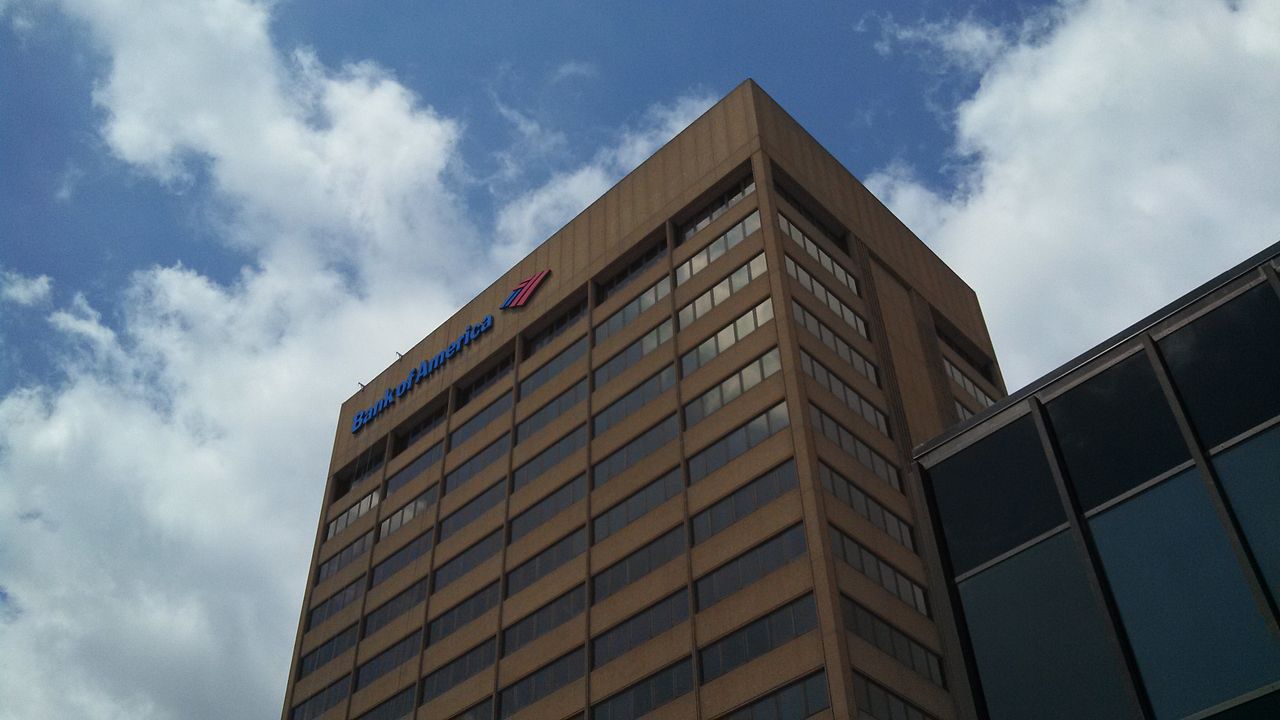The U.S. Air Force has tapped SIMBA Chain to research and develop a blockchain for its supply chain logistics. The project will cost $1.5 million and the South Bend, Indiana-based company is given two years to complete it.
In an announcement main on Monday, June 15, SIMBA said that it is now working on Phase II of its Small Business Innovation Research (SBIR) USAF project, Coindesk reported. The project aims to investigate the potential uses of blockchain technology for the military supply chain.
SIMBA has been working on the project since 2017 when it was given funding by the Defense Advanced Research Projects Agency (DARPA), Pymnts.com reported. In the second phase, it has partnered with Boeing.
The company will “stand up” a node that will be running on Hyperledger Fabric at USAF’s supply chain logistics hub, Tinker Air Force Base located in Oklahoma, according to SIMBA CEO Joel Neidig. The focus of the firm’s project is risk management, which is basically keeping track of the parts that go through USAF’s massive procurement machine, valued at around $62 billion annually.
Neidig said that the project’s Phase II will use “real data” but did not specify which Boeing parts his team will be tracking. One of the team’s goals is to identify and anticipate which areas of the supply chain might break down.
Over the years, monitoring and securely tracking the military’s billion-dollar parts procurement system has become increasingly complex especially with the introduction of additive manufacturing into the mix. Also known as 3D printing, the additive manufacturing process allows warfighters to print their own parts as needed even while on deployment, making it difficult to keep track of these parts.
Blockchain can be used to securely maintain an information network that can be updated by documenting every data entry point within the supply chain. “Emerging technologies like SIMBA Chain’s blockchain platform have the potential to achieve the reliable exchange of information over an unreliable network where not all participants can be trusted, and in so doing, continue to advance the technological supremacy of America’s air, space and cyber forces,” said Jeffrey Slayton, director of Special Programs, Strategy and Policy for the USAF.
New technologies such as artificial intelligence and machine learning can also be integrated into the blockchain platform. “We’re supplying that trust layer, the data integrity,” Neidig said. “We need to have a great foundation of trusted transactions before we start ingesting data into AI.”

























Comment 2